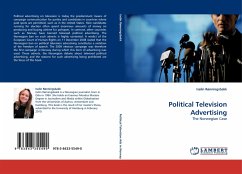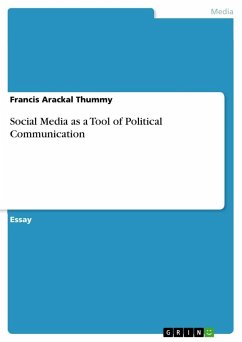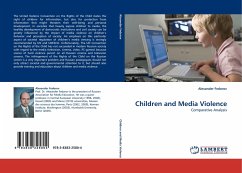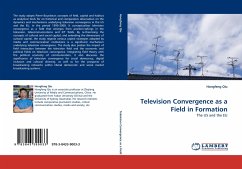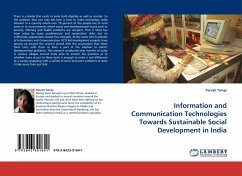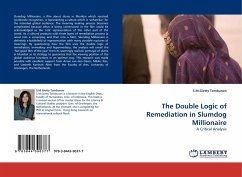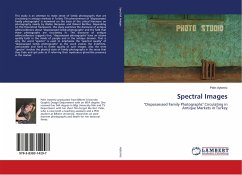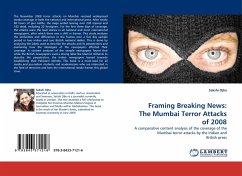Political advertising on television is today the predominant means of campaign communication for parties and candidates in countries where paid spots are permitted, such as in the United States. Here candidates running for election often spend enormous amounts of money on producing and buying airtime for polispots. In contrast, other countries such as Norway have banned televised political advertising. The Norwegian ban on such adverts is highly contested. A verdict of the European Court of Human Rights on 11 December 2008 stated that the Norwegian ban on political television advertising constitutes a violation of the freedom of speech. The 2009 election campaign was therefore the first campaign in Norway during which this form of advertising was used. These adverts, the Norwegian debate about televised political advertising, and the reasons for such advertising being prohibited are the focus of this book.
